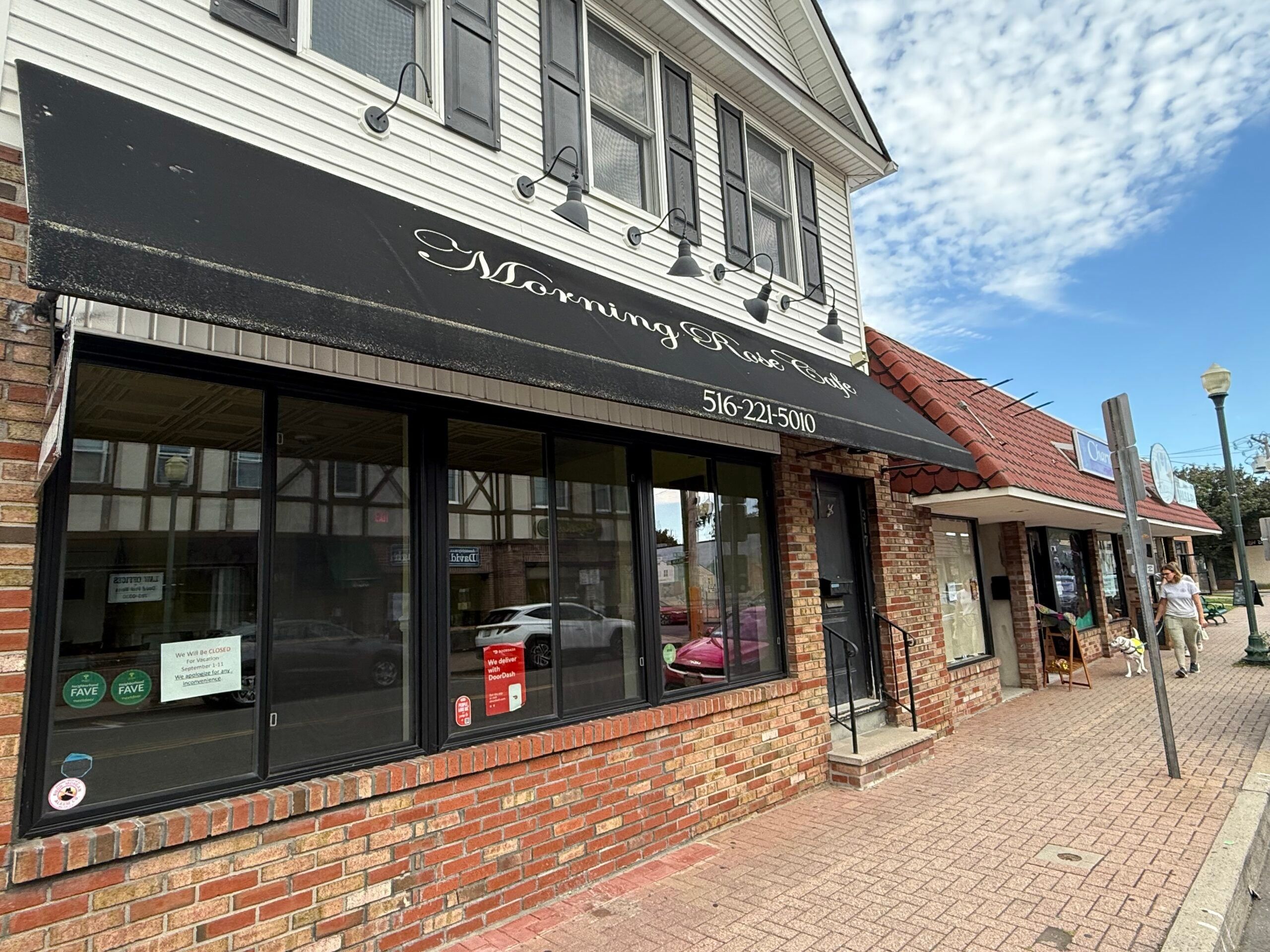Nassau County health officials have raised concerns about an alarming increase in rabies cases, with eight rabid raccoons and feral cats identified since July in communities ranging from Cedarhurst to Massapequa Park.
The county had not reported any rabies cases in animals since 2016.
Health Commissioner Irina Gelman highlighted the issue during a press conference Thursday, linking the uptick to New York City’s failure to distribute rabies vaccine bait along the Queens-Nassau border in 2024. Discussions with city health officials are underway to address the issue, she said.
“We want to raise awareness, not alarm,” Gelman stated, noting that more than 500 residents had been bitten, scratched or otherwise exposed to potentially rabid animals in 2024.
In one notable incident, a rabid raccoon hiding in a Massapequa Park garbage can bit and scratched a resident before being captured. There have been no human rabies cases, officials said.
While prior cases were largely identified in the southwestern portion of Nassau County, the more recent positive cases suggest an eastern spread of rabies activity, Gelman said in a statement last week.
In the counties most recent cases, raccoons collected in Massapequa Park and West Hempstead on Dec. 29 and 30, respectfully, tested positive for rabies
“It’s critical that we remain vigilant by staying alert for unusual animal behavior, avoiding contact with wild or stray animals, and ensuring our pets’ rabies vaccinations are current,” she said.
Communities affected by rabies cases
Rabid animals have been confirmed in the following communities:
- Massapequa Park
- West Hempstead
- Cedarhurst
- Valley Stream
- Hewlett
- Roslyn Heights
Frank Floridia, a Long Island animal rescuer, urged residents to remain vigilant. “Everybody has to take extreme precautions. It’s life-threatening,” he said.
Preventive measures and county response
In addition to increasing public awareness, Nassau County has implemented rabies vaccine baiting programs and is seeking state funds to expand the effort.
Rabies is a viral disease that can be spread to humans and pets primarily through bites, scratches or salivary contact from an infected animal. To protect yourself from possible exposure to rabies, the county health department advises to heed the following precautions:
- Don’t feed or touch wild animals, stray cats or dogs.
- Ensure pets are up to date on rabies vaccinations, including dogs, cats, ferrets, horses and livestock. Pets too young to be vaccinated should be kept indoors and allowed outside only under direct observation.
- Keep family pets indoors at night. Don’t leave them outside unattended or let them roam free.
- Do not feed unknown animals and discourage them from seeking food near your home.
- Advise your family against approaching any unknown animal – wild or domestic – especially those acting unusually.
- If a wild animal is on your property, let it wander away, and bring children and pets indoors. You may contact a nuisance wildlife control expert who will remove the animal for a fee.
- Do not touch dying or dead animals. If you must move them, use a shovel, wear heavy rubber gloves and double bag the carcass.
- Report abnormal or sick animals to the Nassau’s health department.
- Seek immediate medical care if bitten or scratched by an animal.
Top photo: A close-up shot of a raccoon (Credit: Jordan Rushton for Pexels).



























